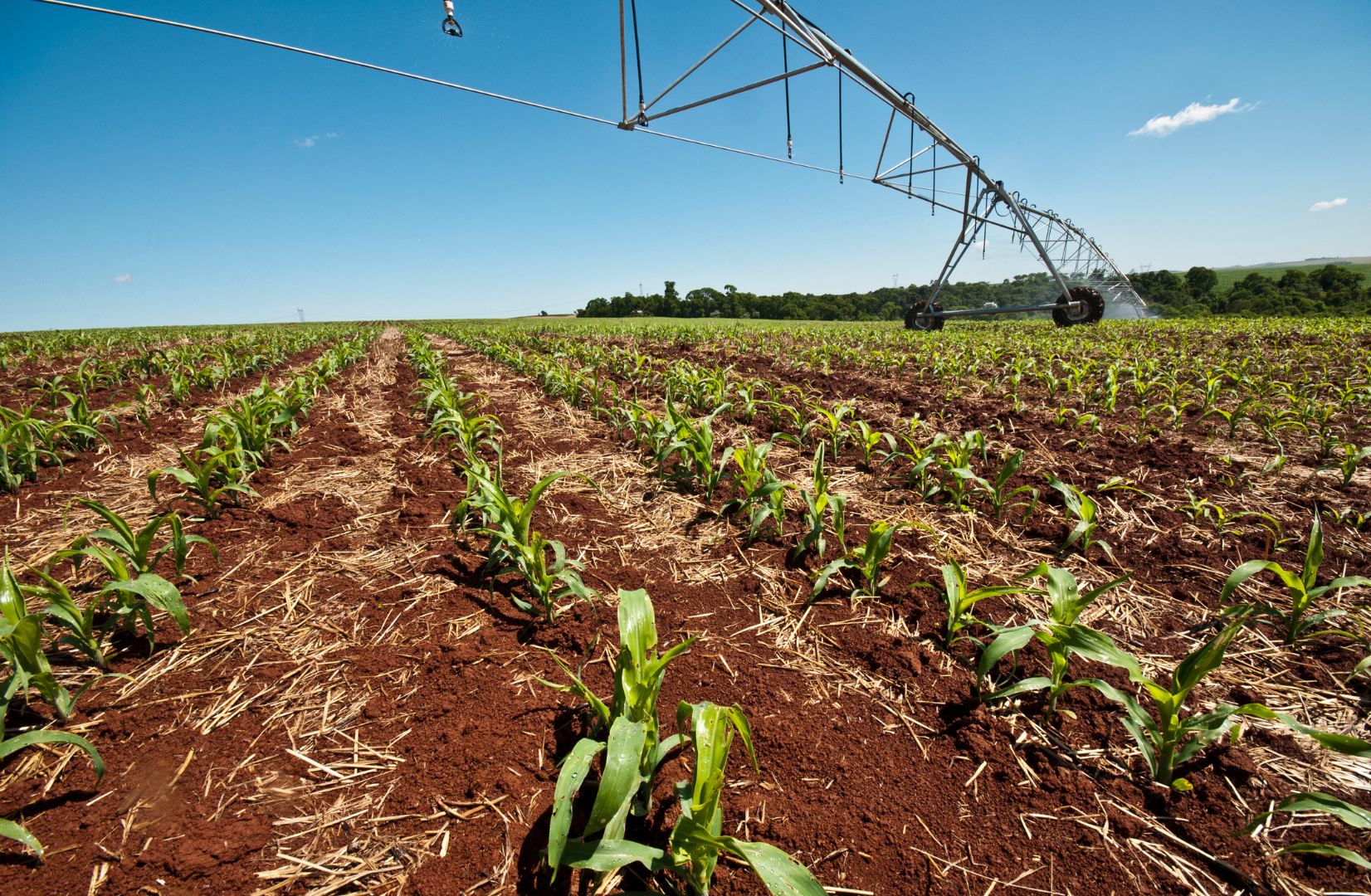Sustainable Agriculture: A multi-benefit approach for the modern agri-food sector
In a world where environmental challenges and a growing global population are significant concerns, sustainable agriculture has become more critical than ever. To address the increasing need for food sustainability, we must adopt responsible farming practices that protect the health of our planet. This article explores the principles and benefits of sustainable agriculture, highlighting how it represents a crucial step towards a more resilient and ecologically balanced future.
Defining Sustainable Agriculture
Sustainable agriculture can be broadly defined as a set of farming practices that aim to meet the needs of the present without compromising the ability of future generations to meet their own needs. It involves an integrated approach that addresses food production’s environmental, economic, and social aspects. Fundamental principles include soil health, water conservation, biodiversity, and the well-being of farmers and communities.
Soil Health
Reserving and enhancing soil health is at the core of sustainable agriculture. Healthy soil is a dynamic ecosystem that sustains plant and animal life while contributing to essential ecosystem services. Practices such as crop rotation, cover cropping, and organic farming help maintain soil fertility, structure, and moisture content. This improves crop yields, mitigates soil erosion, and reduces the need for synthetic fertilizers and pesticides.
Water Conservation
Water scarcity is a pressing global issue, and sustainable agriculture seeks to address this challenge by promoting efficient water use. Precision irrigation, rainwater harvesting, and cultivating drought-resistant crops are vital strategies. By minimizing water losses and protecting water quality, sustainable agriculture ensures the availability of this precious resource for both agricultural and non-agricultural purposes.
Biodiversity
In conventional agriculture, monoculture – the cultivation of a single crop over vast areas – is a common practice. However, sustainable agriculture emphasizes the importance of biodiversity. Diverse crop rotations and the integration of cover crops create a more resilient farming system. This helps control pests and diseases naturally and promotes a healthier ecosystem that supports a variety of flora and fauna.
Reducing Environmental Impact
One of the primary goals of sustainable agriculture is to reduce the environmental impact of farming activities. Agrochemicals like synthetic fertilizers and pesticides can harm ecosystems and human health. Sustainable practices prioritize using organic inputs, integrated pest management, and agroecological approaches, minimizing environmental harm and creating a safer, more sustainable food system. At the same time, in sustainable agriculture, farmers try to optimize energy use and use renewable sources like agrovoltaics.
Economic Viability
Sustainable agriculture is not only environmentally friendly but also economically viable. By improving soil health, reducing input costs, and fostering diverse farming systems, sustainable practices contribute to long-term profitability. Additionally, direct-to-consumer models, community-supported agriculture, and fair-trade initiatives empower farmers and create a more equitable and resilient food supply chain.
Let us explore the below game-changing innovations in sustainable agriculture that transform food production and consumption.
Smart Farms: The Rise of Agricultural Intelligence
Picture this: Farms that think.
“Smart agriculture” is not just a buzzword; it’s a reality reshaping our fields. From AI-powered drones optimizing crop health to sensor-packed areas providing real-time data, the era of intelligent farming is upon us. These innovations maximize efficiency and minimize environmental impact by precisely tailoring resources like water and fertilizers, creating a future where every plant gets the individualized care it deserves.
Vertical Farming: Rethinking the Landscape
Future skyscrapers might be office buildings and vertical farms reaching for the sky. Vertical farming, with its space-efficient, resource-conscious approach, is revolutionizing urban agriculture. Imagine entire city blocks transformed into lush, green ecosystems producing fresh, local produce year-round. This reduces the carbon footprint associated with transportation and brings agriculture closer to urban consumers, fostering a deeper connection between city dwellers and their food sources.
Blockchain in Agriculture: The Transparent Harvest
Blockchain, the technology behind cryptocurrencies, is now finding its roots in the soil. Blockchain ensures transparency and traceability by providing an unalterable ledger of every step in the food supply chain. Consumers can now trace the journey of their food from farm to table, empowering them to make informed choices about sustainability and ethical practices. This innovation builds trust and incentivizes farmers to adopt environmentally friendly practices.
Agro-Tech Partnerships: Unlikely Collaborations for a Sustainable Future
What happens when tech enthusiasts join forces with farmers?
Innovation blooms. Agro-tech partnerships break traditional barriers and foster collaborations between farmers, tech startups, and researchers. Imagine a world where farmers are not just producers but active participants in shaping the technology that drives their industry. These partnerships facilitate the co-creation of practical solutions tailored to agriculture’s unique needs.
Conclusion
Adopting sustainable agriculture becomes imperative as we navigate the challenges of a changing climate and a growing global population. We can create a food system that nourishes people and the planet by prioritizing soil health, water conservation, biodiversity, and economic viability. Sustainable agriculture is not merely a choice but a commitment to cultivating a future where agriculture and the environment coexist harmoniously, ensuring a bountiful harvest for future generations.










































































